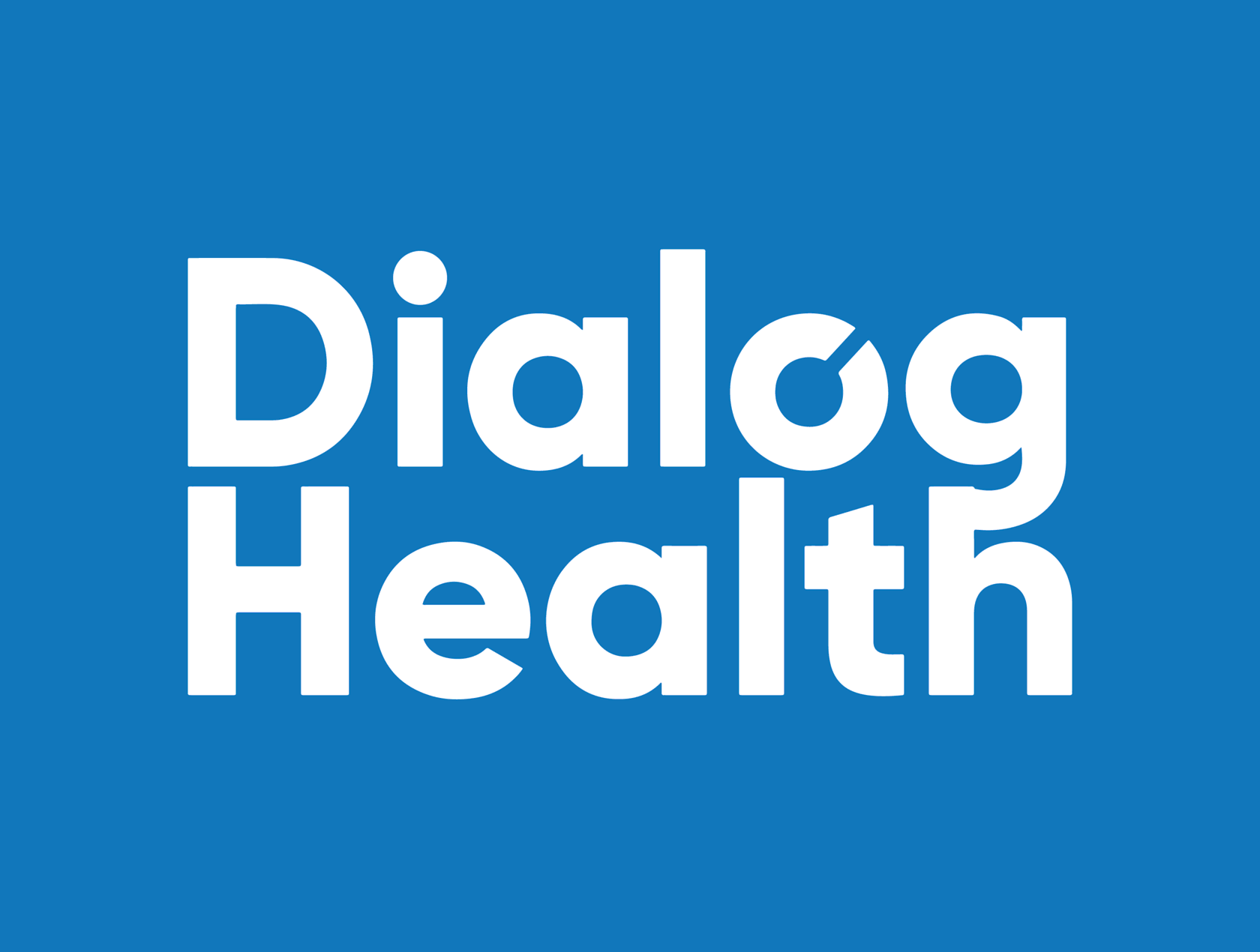- Oslo (Norway)
-
 Disability care
Disability care - 7 delegates
- May 2025
From May 12 to 15, 2025, a delegation of seven professionals from France and Québec traveled to Norway for an immersive study tour focused on innovative practices in the inclusion of people with disabilities. Organized in partnership with FEHAP, this visit offered a unique opportunity to observe, on the ground, how Norwegian stakeholders structure support based on principles of rights, autonomy, and quality of life.
The first day began in Oslo, at the headquarters of the Norwegian Association for Persons with Intellectual Disabilities (NFU). With Julia Johnsen Halsebo, legal advisor at the NFU, and Annette Jensen, President of the Norwegian Association of Parents of Children with Disabilities (HBF), the delegation explored the key principles of the Norwegian social and healthcare system. In Norway, municipalities play a central role: they finance, decide on, and implement services. This decentralized yet structured system enables local adaptation and tailored responses to individual needs.
In the afternoon, the delegation visited the Boogierud bofellesskap, an inclusive housing project located in Oslo. Designed for eight young adults with Down syndrome, this living space was co-created by families, the municipality, and the developer Gjelsten Bolig. Completed in 2024, the project embodies Norway’s inclusive philosophy: homes in ordinary environments that promote autonomy and social participation, far removed from traditional institutional models. Residents live independently in a secure and stimulating environment. The warm welcome from the staff and the young residents themselves offered the delegation a compelling and generous glimpse into inclusive living in practice.
The second day focused on visits to three different facilities, each reflecting a commitment to dignity, respect, and individualized support.
At Stiftelsen Radarveien, the delegation discovered a comprehensive service offering housing for adults with multiple disabilities, a day center, and a respite service. The approach is resolutely person-centered, promoting social inclusion and personal development over mere custodial care.
Frydenlund Skole og Ressurssenter, a specialized school for children with complex needs, accommodates around 50 pupils. Divided into four classes and supported by a team of 75 professionals, the school stands out for its high staff-to-student ratio. The emphasis on each child's rhythm, routines, and individual pathway reflects a genuinely inclusive vision of education.
At Konten Bolig, the delegation visited a housing complex offering individual or shared units for 18 residents, supported 24/7. This model strikes a fine balance between autonomy, safety, and social connection, in a homely and non-institutional environment.
On the third day, the delegation traveled to Fossheim AS, a social enterprise that supports people with disabilities in accessing employment. Backed by both the municipality and a foundation, Fossheim offers two pathways: AFT (employment preparation training) and VTA (permanent, adapted employment). While similar to the French ESAT model, Fossheim is strongly embedded in the local economy and works closely with NAV, Norway’s public employment agency. A notable feature is the clear separation between living arrangements and daily activities, allowing people to make genuine choices and avoid one-size-fits-all service models.
In the afternoon, the delegation visited Frambu, Norway’s national center for rare diseases, which often include complex disabilities. Frambu supports individuals of all ages, along with their families, through comprehensive and innovative programs. One such program, SIBS-RCT, is specifically designed for siblings of those affected, highlighting Frambu’s commitment to holistic, family-centered care and peer support.
Throughout the three-day study tour, the delegation identified several key elements underpinning the Norwegian model. Municipalities, as both funders and decision-makers, ensure local responsiveness and accountability. High staffing ratios enable personalized and humane support. Services are equitably distributed, regardless of the severity of disability. The state also promotes financial autonomy by facilitating access to home ownership through subsidies and long-term, low-interest loans—although only a small percentage of people with disabilities currently own their homes.
Another standout feature is the structural separation between housing and daytime activities such as work, training, or social programs. This modular organization supports autonomy and personal choice, in contrast to the all-in-one service models still common in France.
This study tour left a lasting impression on the participants, thanks to the quality of the initiatives discovered, the consistency of the Norwegian approach, and the openness of all those they met. It demonstrated that building a truly inclusive society is not an unattainable ideal, but a tangible, structured reality, achieved through strong policy choices, cross-sector collaboration, and a shared commitment to human dignity.
In the afternoon, the delegation visited the Boogierud bofellesskap, an inclusive housing project located in Oslo. Designed for eight young adults with Down syndrome, this living space was co-created by families, the municipality, and the developer Gjelsten Bolig. Completed in 2024, the project embodies Norway’s inclusive philosophy: homes in ordinary environments that promote autonomy and social participation, far removed from traditional institutional models. Residents live independently in a secure and stimulating environment. The warm welcome from the staff and the young residents themselves offered the delegation a compelling and generous glimpse into inclusive living in practice.
The second day focused on visits to three different facilities, each reflecting a commitment to dignity, respect, and individualized support.
At Stiftelsen Radarveien, the delegation discovered a comprehensive service offering housing for adults with multiple disabilities, a day center, and a respite service. The approach is resolutely person-centered, promoting social inclusion and personal development over mere custodial care.
Frydenlund Skole og Ressurssenter, a specialized school for children with complex needs, accommodates around 50 pupils. Divided into four classes and supported by a team of 75 professionals, the school stands out for its high staff-to-student ratio. The emphasis on each child's rhythm, routines, and individual pathway reflects a genuinely inclusive vision of education.
At Konten Bolig, the delegation visited a housing complex offering individual or shared units for 18 residents, supported 24/7. This model strikes a fine balance between autonomy, safety, and social connection, in a homely and non-institutional environment.
On the third day, the delegation traveled to Fossheim AS, a social enterprise that supports people with disabilities in accessing employment. Backed by both the municipality and a foundation, Fossheim offers two pathways: AFT (employment preparation training) and VTA (permanent, adapted employment). While similar to the French ESAT model, Fossheim is strongly embedded in the local economy and works closely with NAV, Norway’s public employment agency. A notable feature is the clear separation between living arrangements and daily activities, allowing people to make genuine choices and avoid one-size-fits-all service models.
In the afternoon, the delegation visited Frambu, Norway’s national center for rare diseases, which often include complex disabilities. Frambu supports individuals of all ages, along with their families, through comprehensive and innovative programs. One such program, SIBS-RCT, is specifically designed for siblings of those affected, highlighting Frambu’s commitment to holistic, family-centered care and peer support.
Throughout the three-day study tour, the delegation identified several key elements underpinning the Norwegian model. Municipalities, as both funders and decision-makers, ensure local responsiveness and accountability. High staffing ratios enable personalized and humane support. Services are equitably distributed, regardless of the severity of disability. The state also promotes financial autonomy by facilitating access to home ownership through subsidies and long-term, low-interest loans—although only a small percentage of people with disabilities currently own their homes.
Another standout feature is the structural separation between housing and daytime activities such as work, training, or social programs. This modular organization supports autonomy and personal choice, in contrast to the all-in-one service models still common in France.
This study tour left a lasting impression on the participants, thanks to the quality of the initiatives discovered, the consistency of the Norwegian approach, and the openness of all those they met. It demonstrated that building a truly inclusive society is not an unattainable ideal, but a tangible, structured reality, achieved through strong policy choices, cross-sector collaboration, and a shared commitment to human dignity.
Subscribe to our newsletter
Once a month you will learn about our latest tours.
By clicking the button you agree to our Privacy Policy
Photos
Previous study missions

